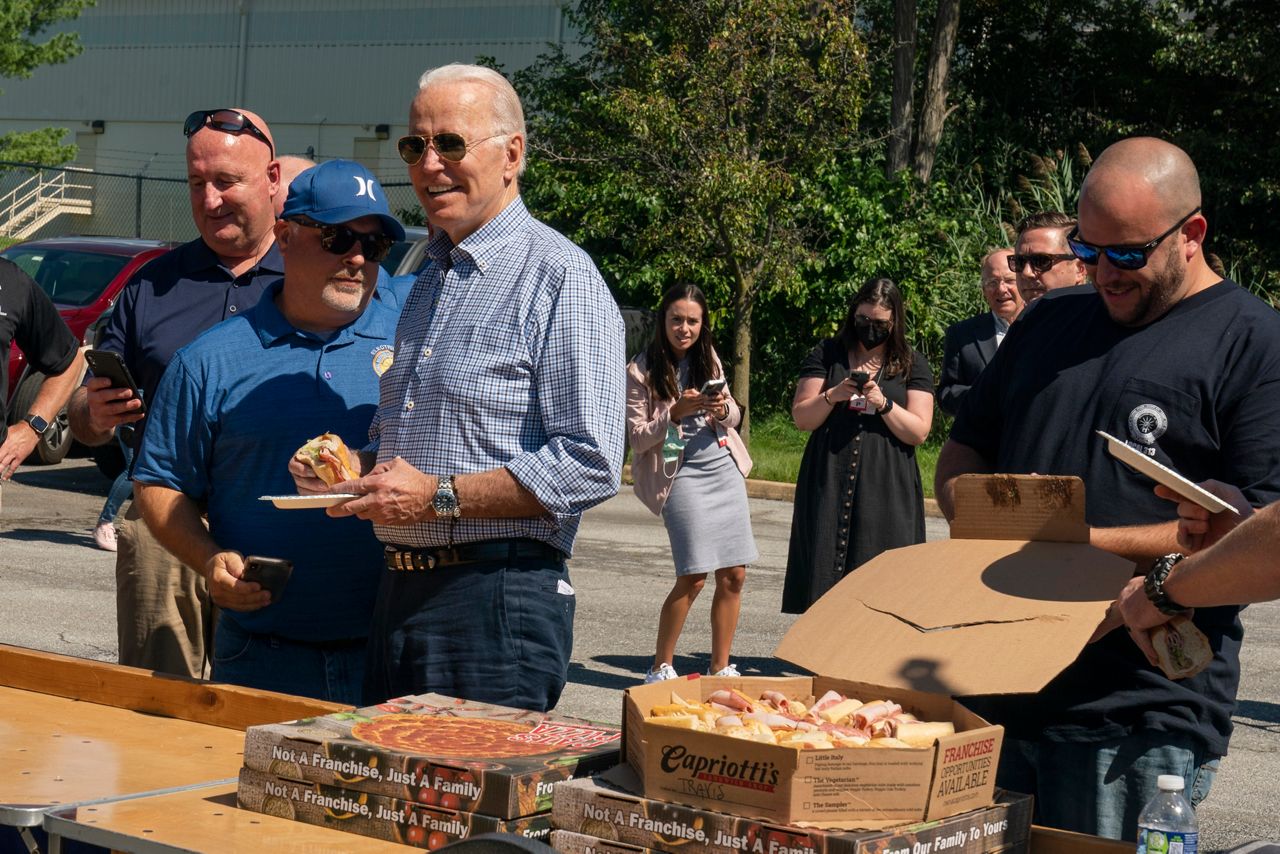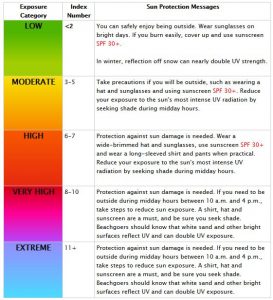President Joe Biden marked Rosh Hashanah — the Jewish New Year and the beginning of Judaism’s High Holy Days — by urging Americans to speak out against antisemitism and reaffirming the United States’ bond with Israel.
“On Rosh Hashanah, Jewish communities around the world celebrate the world’s birth and commemorate the creation of humankind,” Biden wrote in a statement Sunday ahead of the holiday’s official start at sundown Monday.
“Rosh Hashanah and the Days of Awe that follow charge those who celebrate to pause, look inward, and reflect on the past year,” Biden continued, before invoking the Hebrew phrase cheshbon hanefesh, which translates to “the accounting of the soul.”
“It is a time to undertake an inventory of the soul, a cheshbon hanefesh, and to ask of ourselves and of each other questions that go beyond our own individual faiths: Who do I want to be? What type of nation do we want to forge? What type of world do we want to create?” Biden asked.
“That is the message and gift of the Jewish New Year – a reminder of our infinite capacity to transform our lives and begin anew,” Biden continued. “To partner with the Divine and our fellow human beings in the ongoing work of creation. To rebuild our communities through empathy, acts of kindness, and compassion. To seek repentance, or teshuva, when we have fallen short of our values.”
“Rosh Hashanah is a reaffirmation that we are each endowed, by virtue of our Creator and our common humanity, with the ability to bridge the gap between the world we see and the world we seek,” the president said.
“In that effort, we’ve made significant progress, but much work remains,” Biden continued. “To protect ourselves and each other against a once-in-a-century virus. To rebuild an economy that provides opportunity for all Americans. To give hate no safe harbor, and speak out with clarity and conviction against antisemitism wherever and however it manifests. To reaffirm our ironclad bond with the State of Israel.”
Biden recently met with Israel’s new prime minister Naftali Bennett at the White House, a relationship he touted last week during a virtual meeting with rabbis and Jewish leaders.
Biden said during his meeting with Bennett in August that he has “known every Israeli Prime Minister since Golda Meir,” who he met as a senator in 1973.
During last week’s virtual meeting — which included Delaware Rabbi Michael Beals, who the president, a devout Catholic, referred to as “my rabbi” — Biden pledged to confront “the scourge of antisemitism” and said that the U.S. “will never waver in our support for the future security of the State of Israel.”
Rabbi Beals delivered a benediction for Biden at a pre-inauguration event in Delaware in January, Beals also appeared in a video for Biden at the 2020 Democratic National Convention, in which the rabbi told a story about the first time he met the then-Delaware senator, at a shiva — a Jewish mourning custom — for an elderly constituent.
The service, Beals detailed in a separate blog post, was held in the communal laundry room of a rent-controlled senior housing facility in Delaware because the deceased’s apartment was too small to fit the group of mourners taking part in the Jewish funeral rite. Beals described shock when Biden walked in, by himself, and after the service, the rabbi asked the senator why he was there.
“‘Listen, back in 1972, when I first ran for Senate, Mrs. Greenhouse gave $18 to my first campaign,’” Beals recounted that Biden said. “‘Because that’s what she could afford. And every six years, when I’d run for reelection, she’d give another $18. She did it her whole life. I’m here to show my respect and gratitude’”
In his call with Rabbis, Biden said that he hoped to have an in-person Rosh Hashanah event at the White House, similar to ones he hosted at the vice president’s residence during the Obama administration, but could not do so due to COVID-19 restrictions.
“Not only next year in Jerusalem, next year at the White House, God willing,” Biden said.
“The challenges before us, I think, are monumental,” Biden said in the meeting. “But if Jewish history and tradition teaches us anything, it’s the resilient belief in the promise of tomorrow. Even after the worst destruction and pain, the Jewish people have recovered, rebuilt, emerged stronger than before, and we — so must we.”
“May the year 5782 be a year of health, healing, and progress,” Biden wrote in his High Holiday statement. “And may we all be inscribed in the Book of Life. Jill and I extend our warmest wishes to all those celebrating Rosh Hashanah in the United States, Israel, and around the world.”
“Shanah Tovah U’Metukah,” Biden concluded, a traditional holiday greeting which means “a good and sweet year” in Hebrew. “May it be a sweet, healthy, and happy new year.”




